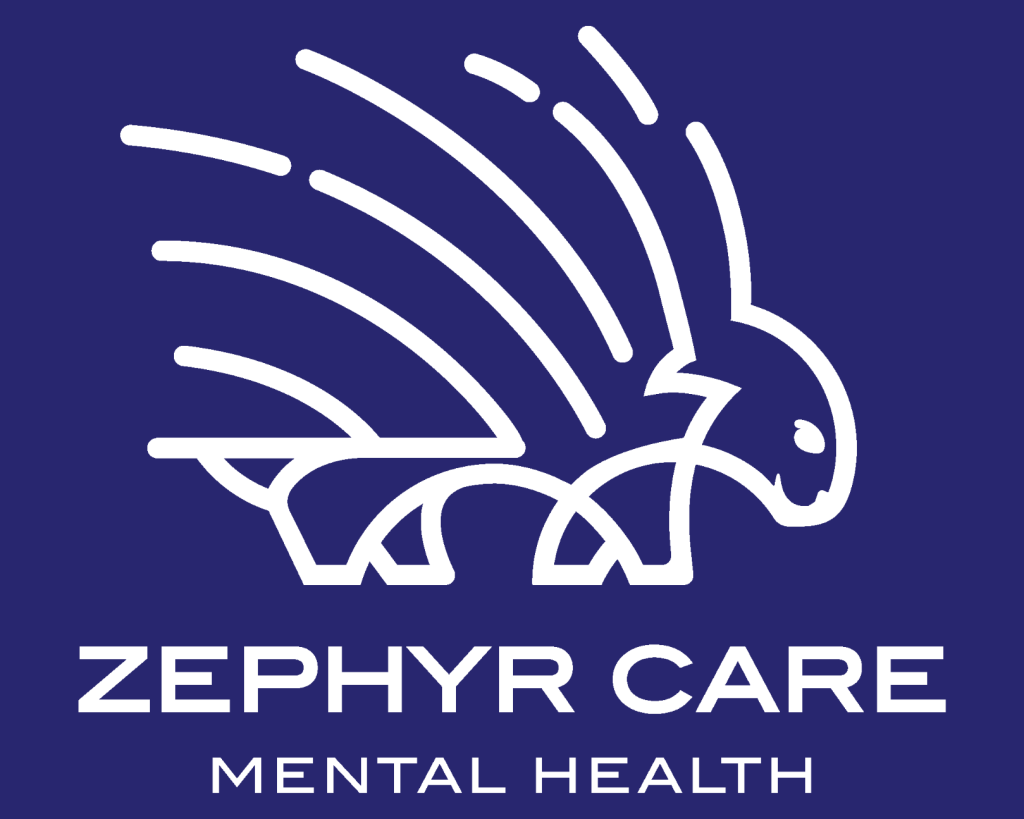Heather Joppich ‘06: Addressing an unmet need through telehealth
September 22, 2022 · 2022
Like many college students, Saint Rose psychology major Heather Joppich balanced her academics with a job. But she didn’t just want to earn money to meet her expenses. Instead, she traveled home on weekends to work in a group home for individuals with mental illness in hopes of learning as much as possible about who they were, how they lived, and how to help them meet their basic needs.
“I was one of those strange people who always knew what I wanted to do,” said Joppich, a 2006 Saint Rose graduate. “Being from a town in a rural area with a lot of substance abuse and unmet mental health needs and limited resources, I was just drawn to helping meet that need.”
The first in her family to attend college, the Lanesborough, Massachusetts, native had the rare opportunity to study the biology and neurology of psychological disorders at Saint Rose while also putting her learning into practice. She credits psychology professors Nancy Dorr and Rob Flint with encouraging her scholarship and urging her to pursue a Ph.D., which she earned from Tennessee State University in 2014.
Now a psychologist with more than a decade of experience in her field, Joppich is once again responding to an unmet need with a groundbreaking business.
In July, she opened Zephyr Care Mental Health. Based in her home in Nashville, it is among the first wave of psychological practices that tests and diagnoses psychological problems remotely. Because this application of telemedicine is so new, Joppich spends much of her time getting word out that she can test people for ADHD, autism, and mental health conditions right from their couch or kitchen table.
So far, she has helped some adult patients identify ADHD and determined that struggling college students qualified for academic accommodations. These include people from across the state left untreated because they didn’t have access to testing.
“My first client made me really happy,” Joppich said in a phone interview. “He didn’t have a car and never could have traveled four hours to me. It’s a common problem. Growing up in a rural area, I understand and this is a population I hope to reach.”
A rising trend
Professor Flint, who chairs the Saint Rose psychology department, noted that mental health practitioners now flag and treat psychological disorders earlier and earlier. Advances in science make it easier to pinpoint subtle but important differences between, say, ADHD and autism. Medications ease symptoms enough to enable people to get into counseling. Adults who might have abused alcohol and substances to cope with their struggles are instead leading productive lives.
However, Flint also notes that accessing the testing and treatment is another matter.
“There is absolutely a shortage of clinicians and counselors because people are living longer, and you have things like COVID popping up, adding to the caseloads,” he said. “You can’t just call someone and say ‘I’m depressed or have a lot of anxiety’ and get help. It might be months and months. We see a huge increase in untreated mental health disorders.”
He sees hope in what his former student is doing; deploying technology to reach more people more quickly.
“I would not be surprised,” Flint said, “if we look back and see this decade as the beginning of a huge increase in diagnosing mental health disorders as telehealth reaches more people. The next question is, ‘How do we overcome the limits of technology?'”
When Joppich came to Saint Rose, she knew she was interested in studying mental illness. It was when she took Professor Dorr’s research classes that she decided to pursue her Ph.D. She has devoted her career to assessing children and adults in clinics, nursing homes, and hospitals for a range of conditions. She finds it rewarding to get to know someone, evaluate their symptoms with data to come up with a diagnosis, and connect them with someone who can treat them.
She got the idea for Zephyr Care Mental Health during the COVID-19 lockdown when she noticed how effectively telemedicine was treating patients.
“I saw that people liked it and thought, ‘Why can’t we assess clients through telehealth?'” she recalled. “It seemed like a big disconnect in the process.”
The next chapter
Joppich was also pregnant with her first child in 2020 and, like her patients, was unwilling to risk getting sick by leaving her house. Why, she wondered, couldn’t people in remote areas use their home computers to get help and not waste time in traffic?
Her profession acted quickly to make it happen. Thanks to the efforts of the Psychological Interjurisdictional Compact, 30 states now allow psychologists to offer their services remotely, whether or not the practitioner is licensed within their states. (New York, however, has not joined the compact, so only psychologists licensed by the state can practice telehealth elsewhere.)
Thanks to the compact, Joppich, like many working Americans, has converted a room in her house into an office. Her husband works at home as well, and they share the care of their son Cyrus. (Joppich devotes Thursdays to seeing patients.) Their flexible schedules allow them to grow much of their food.
Now, Joppich is expecting their second child. Even with family responsibilities, she is confident that she will help ease the struggling of many more people than when they had to meet in person.
“The pandemic was obviously a horrible thing. But some good things in health care and mental health care came out of it,” she said. “The technology was always there and there was talk of using it more broadly but it never caught on until we had the urgency from this crisis.”
By Jane M. Gottlieb



